Circular Economy
Resources in the loop: Together for a sustainable future
/ OUR OFFER
Circular Economy
IT ALL COMES DOWN TO THE RIGHT PARTNER.
The circular economy, is considered the most sustainable form of economy. It can be simply defined as thinking and acting in closed loops based on the model of nature. It is often described as the “economy of zeros” because zero pollutants, zero waste, and zero emissions are its goals.
The EU rightly considers the circular economy THE approach to decouple positive economic development from resource consumption and make it climate neutral. Therefore, the circular economy is not only mentioned in the European Green Deal, sustainability reporting, and the EU taxonomy but is described and demanded as a major goal and basic principle of a sustainable company.
Companies that adapt early to the logic of technically and biologically closed loops are well prepared for upcoming regulations. The circular economy offers the chance to combine economic success with ecological responsibility. By maximizing the value retention of materials through reuse, repair, and recycling, your company not only increases its resource efficiency but also unleashes innovative power in developing pioneering products and business models.
We at the Terra Institute guide companies as well as stakeholders and regions on their path to a regenerative circular economy.
Legal Framework
✔ Action plan for the circular economy
The circular economy is one of the six environmental objectives of the EU and a central part of the European Green Deal. In March 2022, the European Commission proposed the first package of measures to accelerate the transition to a circular economy, followed by a second package in November 2022.
✔ Eco-design regulation
The new Eco-design Regulation 2024/1781, published on June 28, 2024, replaces the previous Eco-design Directive. It extends the scope to almost all physical products and imposes stricter obligations on companies covering the entire lifecycle of a product.
✔ Right to repair
The “right to repair” directive is an important part of the legal framework of the circular economy in the EU. It aims to
- grant consumers a right to repair products
- improve availability of spare parts and repair instructions
- make repairs more affordable and attractive
- extend product lifespans and reduce electronic waste
This directive complements the Eco-design Regulation and Directive 2024/825 to empower consumers for the ecological transition.
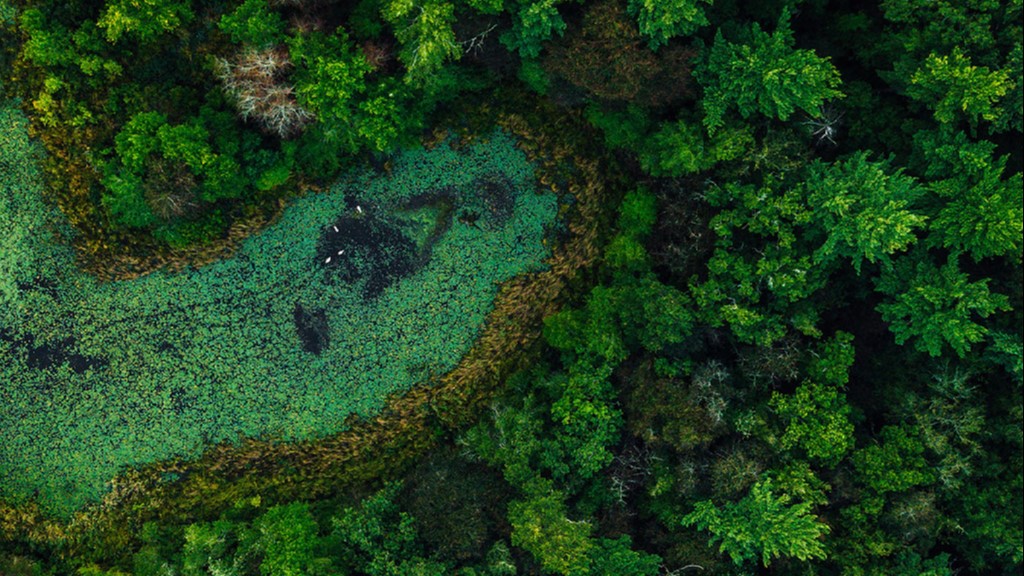
How do customers benefit from our experience?
✔ Competitiveness & cost savings: Through the circular principle, your company accesses cost reductions through efficient resource use and new business models.
✔ Supply chain requirements & transparency: More and more companies demand sustainable solutions from their suppliers to improve their own CO₂ balance. Circular strategies enable better positioning in sustainable supply chains.
✔ Raw materials & resources: Europe’s limited raw material deposits make the circular economy increasingly important. It improves resource efficiency, reduces import dependencies, and strengthens supply security. Companies that rely on circular models secure a strategic advantage in times of tightening resources.
✔ Stakeholder expectations & brand reputation: Customers, investors, and employees increasingly value sustainability. Companies that successfully implement the circular economy increase their reputation and attractiveness for talent.
✔ Societal trends: The circular economy addresses current societal trends such as the sharing economy. Customers increasingly prefer models based on sharing, reusing, and repairing.
✔ Future-proofing & risk management: Resource scarcity and rising environmental regulations pose significant risks. Companies that adopt circular models early secure themselves long-term and reduce environmental impacts such as waste volumes, greenhouse gas emissions, and biodiversity losses caused by the linear economy.
Why choose Terra?
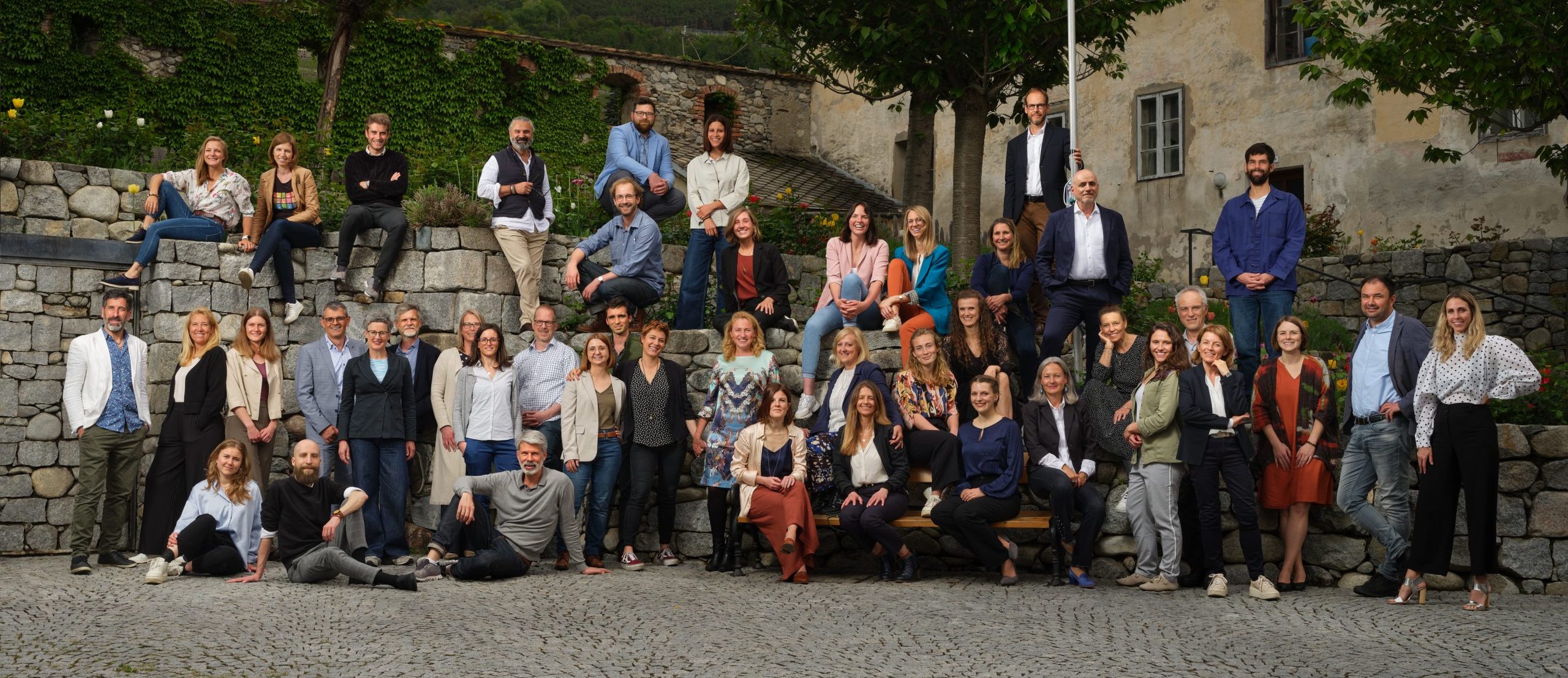
As a partner for sustainable transformation, the Terra Institute supports you in understanding and implementing circular economy principles. Our approach includes:
- Consulting on sustainability strategy
- ESG training, especially for specific roles in companies such as sales, development, and product management
- Greenhouse gas balance (CO₂ measurement) and decarbonization strategies
- Development of circular economy concepts, programs, and key performance indicator systems
With more than a decade of experience in transformation guidance, the Terra Institute is a competent partner in developing a “circular culture.” Our multidisciplinary team of experienced consultants accompanies you through this exciting process.
Our unique approach:
- We impart new mindsets and implementation-oriented tools for the transition to the circular economy.
- We analyze the status quo along your company’s value chain and identify circular potentials.
- We involve relevant stakeholders and support coordinated exchange and co-creation.
- We develop circular concepts in the product and service sectors.
- We support transformation by developing new business models and circular innovations.
Through our holistic approach and long-standing experience, we jointly find fundamentally better solutions for your company.
THE COMPANIES
THAT HAVE CHOSEN US



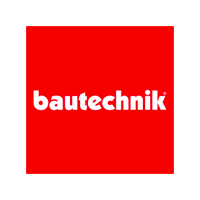
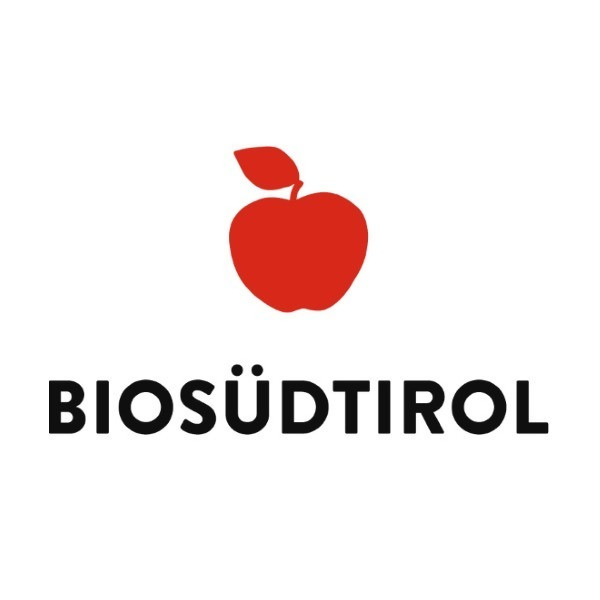
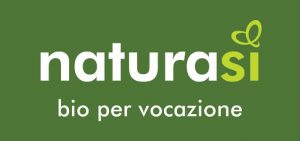
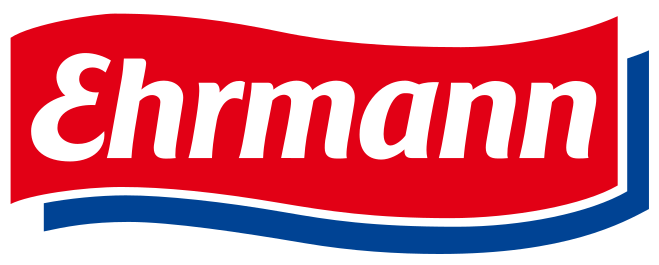
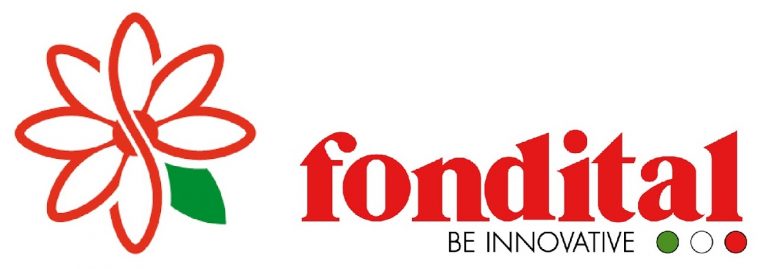

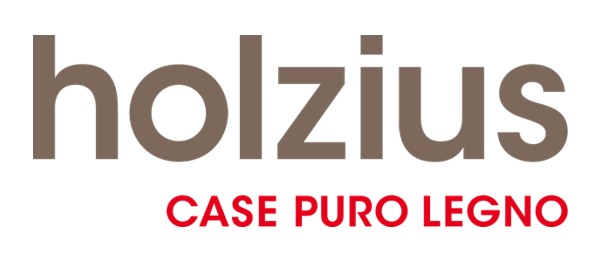





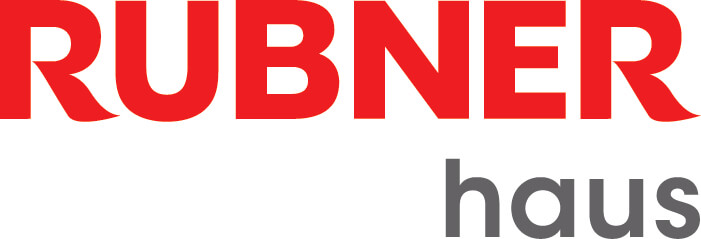

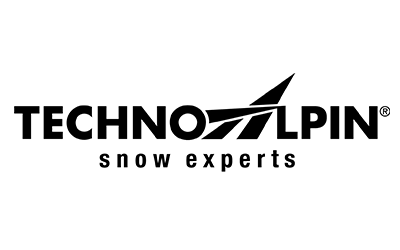

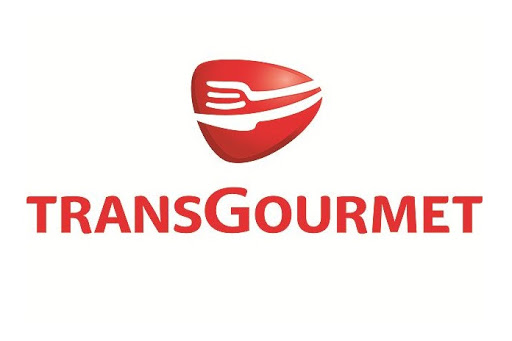

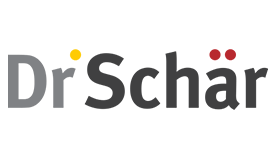
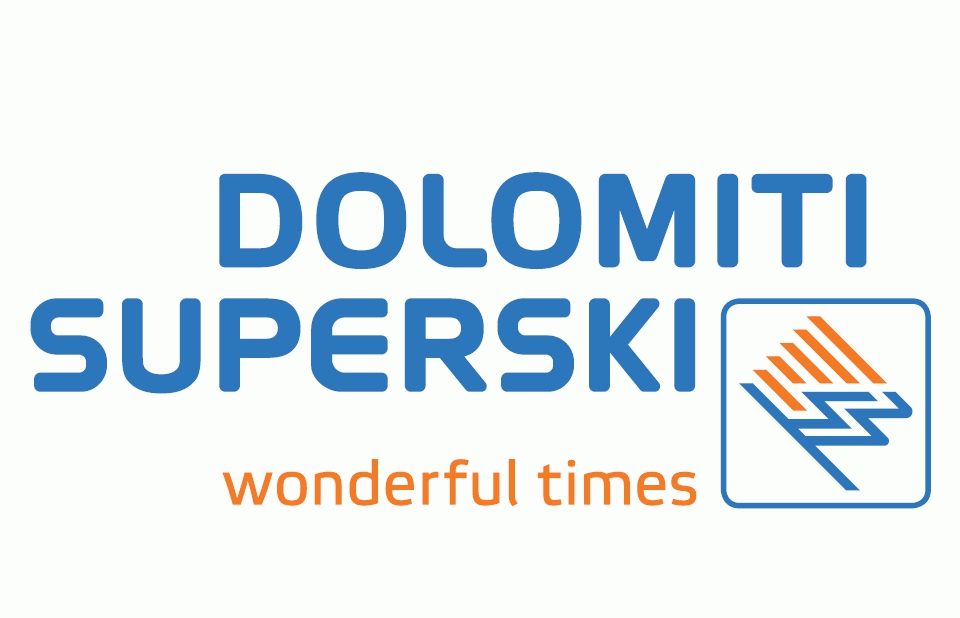
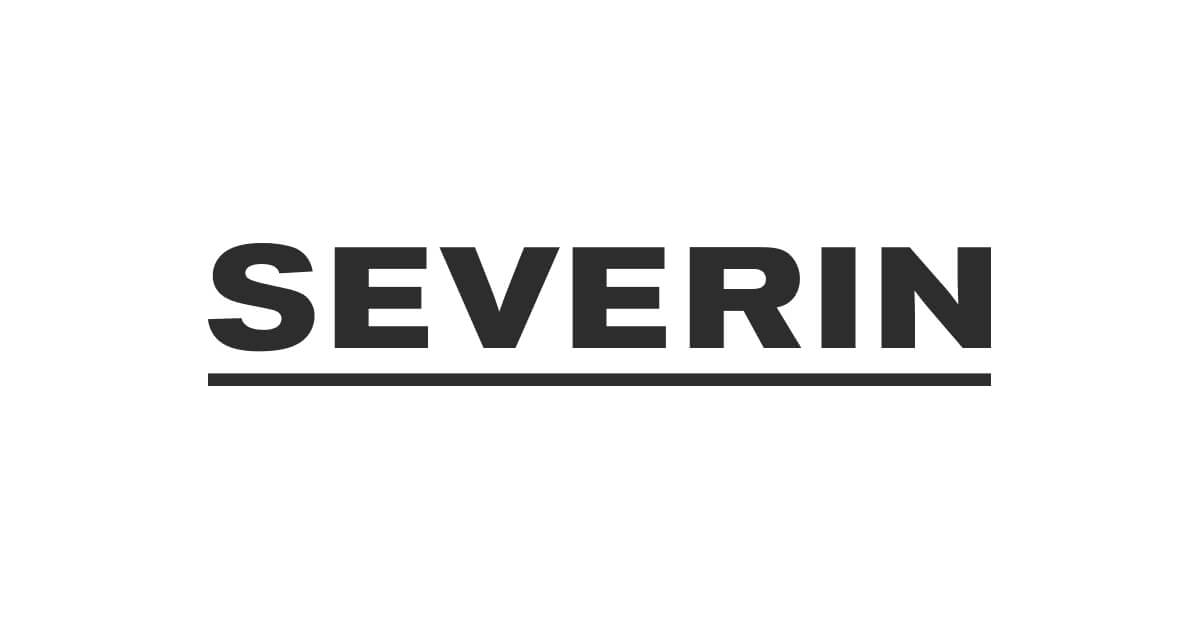


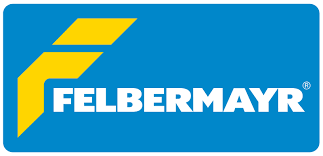
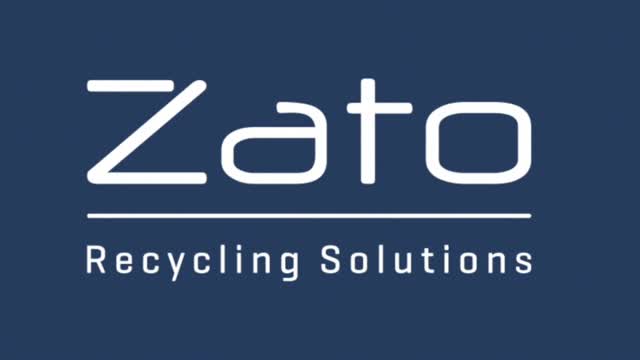
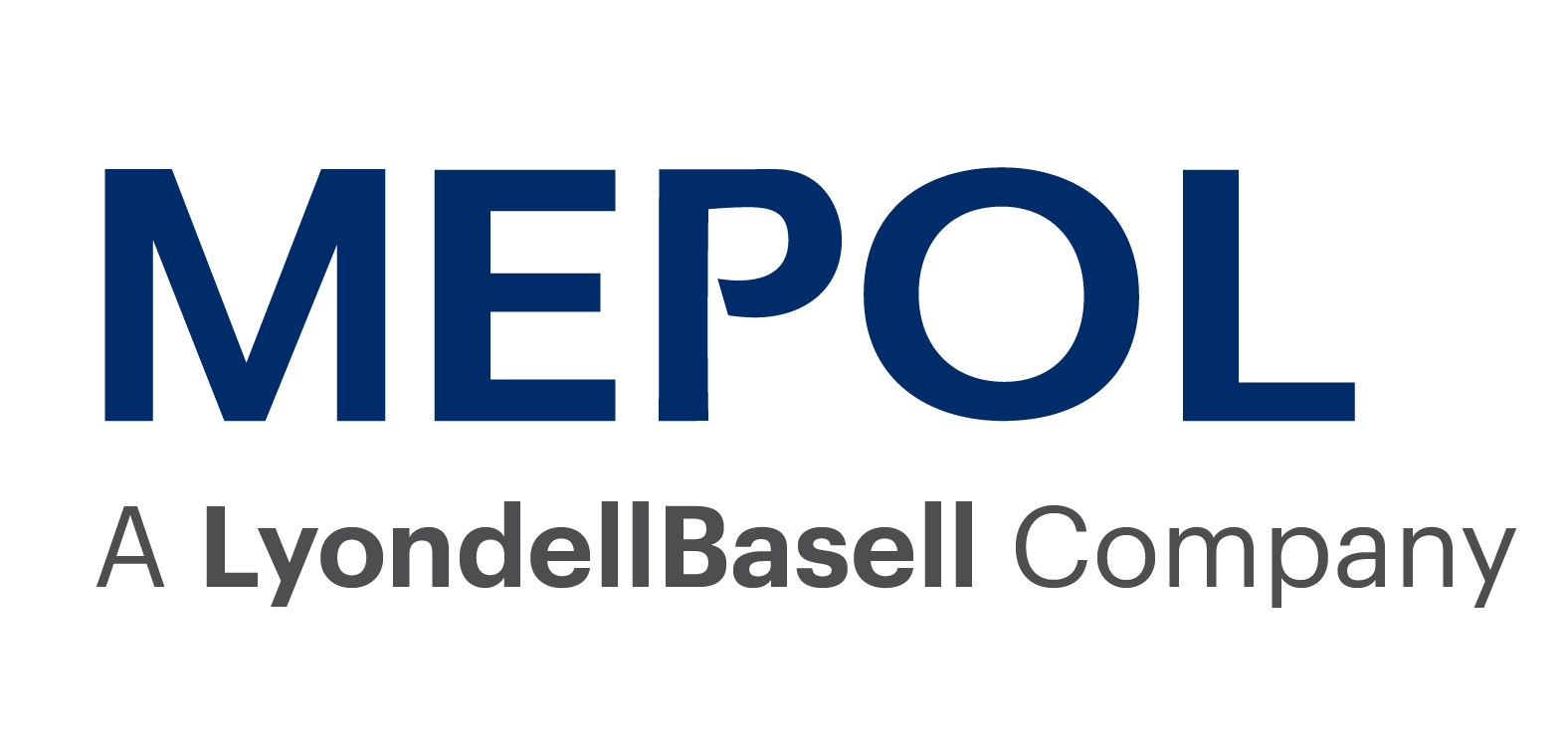

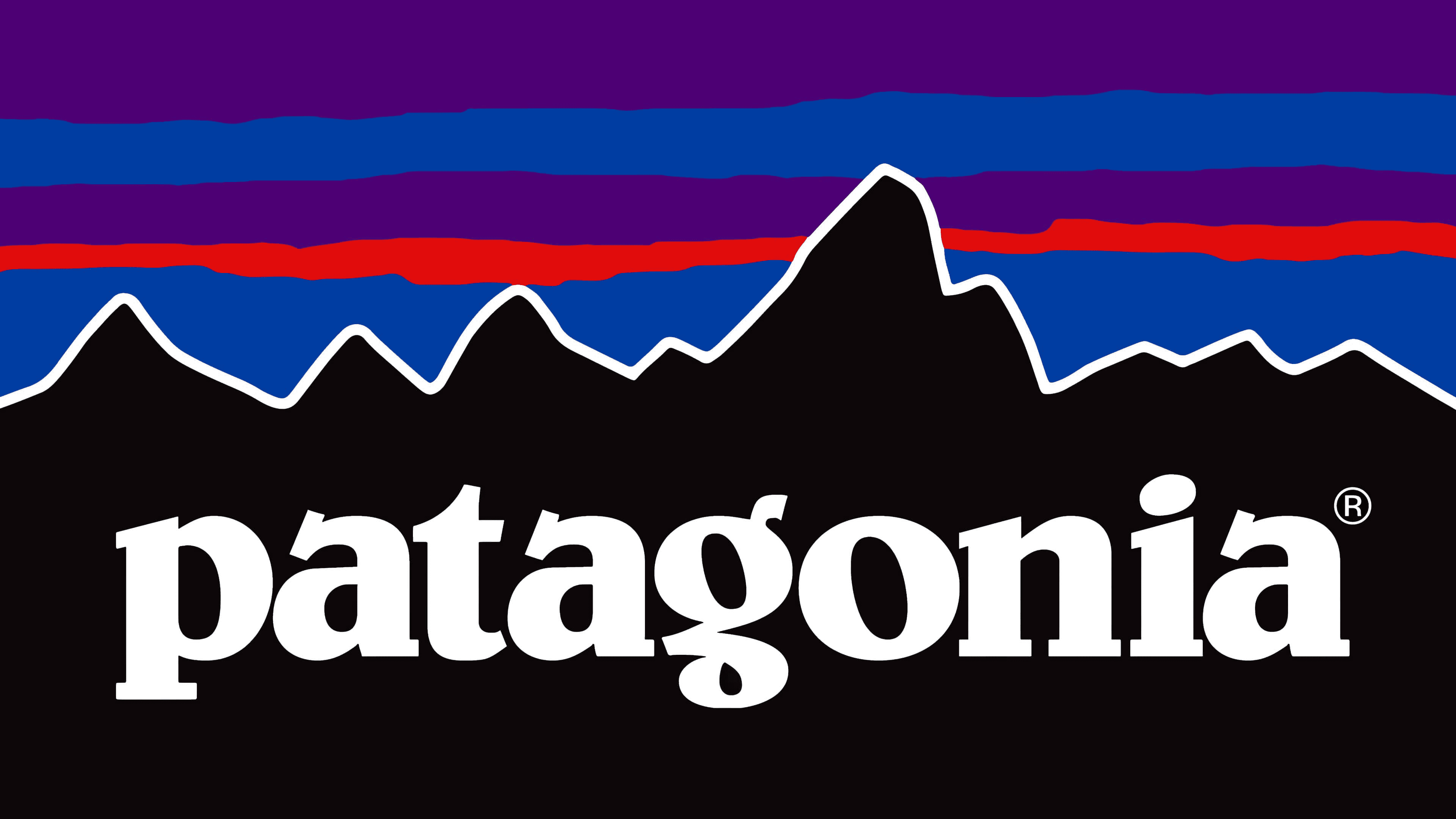

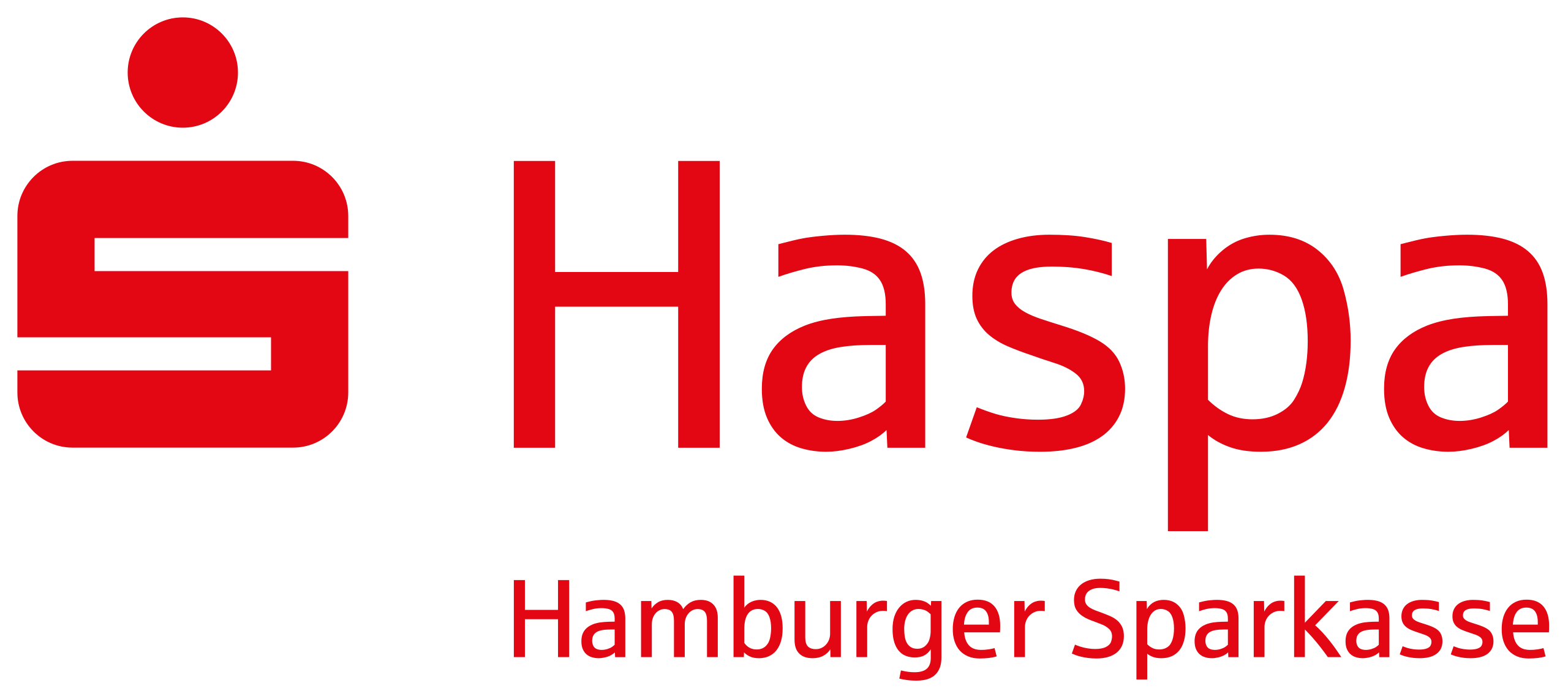


What is our approach?
The Terra Institute offers a comprehensive, stepwise approach to implementing the circular economy in your company, ranging from status quo analysis to developing sustainable business models. A central element of this approach is Life Cycle Assessment (LCA), which serves as an important instrument for developing key figures and optimizing circular economy concepts.
- Analysis of the status quo: Along the value chain of the company. Assessment of circular potentials, identification of lost value and critical inefficiencies from the circular economy perspective. LCA methods are used here, among others, to enable a holistic environmental and sustainability assessment.
- Strategic consulting: Development and implementation of individual circular economy strategies based on LCA findings.
- Consulting on circular product development: Support in designing durable, repairable, and recyclable products.
- Training & workshops: Sensitizing and qualifying employees for circular principles.
- Support in supply chain management: Optimization of supply chains according to circular economy and sustainability principles.
- Development of business models: Implementation of new, sustainable business models such as life extension, sharing, product-as-a-service, and upcycling at the end of the life cycle.
- Regulatory consulting: Support in complying with legal requirements for the circular economy.
You will receive a well-founded strategy for integrating the circular economy with concrete recommendations for action.
NEW OFFER FOR COMPANIES IN GERMANY: THE CIRCULAR BUSINESS ASSESSMENT
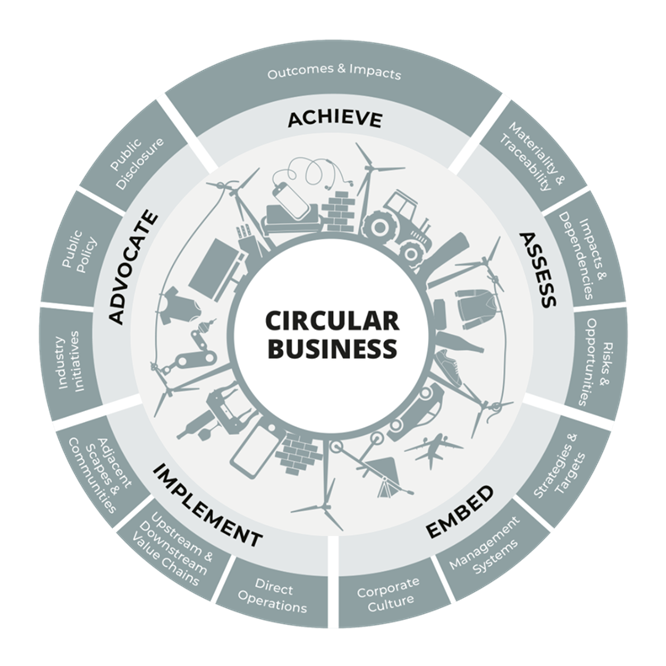

Together with One Planet Business, the Terra Institute offers the Circular Business Assessment developed by WWF Germany to support companies on their transformation path towards “Circular Business.” The CBA shows companies their maturity level in the circular economy. By completing the assessment, it becomes clear where companies currently stand in their efforts to become circular and how they can improve. As part of a holistic support process, the assessment covers normative, strategic, and operational fields of action: based on impacts and dependencies, risks and opportunities, it evaluates strategies and goals, corporate culture and management systems, as well as operational processes and supply chains.
Evaluate Effectiveness Transparently
The tool transparently assesses these fields of action and achieved results and impacts based on numerous criteria. It also considers the extent to which a company advocates for a circular economy towards stakeholders and how transparent its reporting is. We guide companies step by step through the assessment and provide concrete recommendations for their individual transformation plan.
Terra is very pleased about the new cooperation with One Planet Business. The two organizations share the interest in supporting companies sustainably and impact-oriented that genuinely want to contribute to more sustainability.
THE 10 Rs OF THE CIRCULAR ECONOMY AS A GUIDING MODEL FOR CIRCULAR TRANSFORMATION
Terra uses the 10 R assessment system as a guideline for circular orientation, value chain analysis, and circular business model development.
Here the principles of the circular economy are made clearly visible:
- Refuse – Make unnecessary, sell performance instead of products, deliver product utility differently
- Rethink – Rethink and design circularly from the start
- Reduce – Reduce by using fewer resources
- Reuse – Reuse
- Repair – Repair
- Refurbish – Refresh and improve, technically update to the latest standard
- Remanufacture – Re-fabrication, reuse still intact parts from defective products
- Repurpose – Use differently, in a new product with different function
- Recycle – Recycling, use as secondary raw material
- Recover – Recovery, e.g., if all previous Rs cannot be applied, energy can still be recovered as a last option from waste
Eco-design Regulation

ECODESIGN FOR SUSTAINABLE PRODUCTS REGULATION (ESPR)
The new EU Eco-design Regulation for Sustainable Products (Ecodesign for Sustainable Products Regulation, ESPR) marks a milestone on the path to more sustainability and circular economy in Europe. It came into force on July 18, 2024, and replaces the previous Directive 2009/125/EC. The goal is to make almost all physical products on the EU market more sustainable, durable, and resource-efficient – thereby significantly reducing the ecological footprint.
What is new?
- Extended scope
- Holistic approach
- Stricter requirements
- Ban on destruction of unsold products
- Digital product passport (DPP)
- Environmentally oriented public procurement
What does this mean for your company?
The ESPR brings a paradigm shift: companies must align product development, supply chains, and business models with circular economy and sustainability. This applies equally to manufacturers, retailers, and digital platforms.
The ESPR is a key instrument of the European Green Deal and offers companies the chance to position themselves as pioneers in sustainable innovation. Early action can secure competitive advantages and actively contribute to climate and environmental protection.
Details and our recommendations can be found in the Whitepaper.
Get started now – Get advice!
Do you want to avoid waste, use resources efficiently, and rethink value creation? We accompany you on your way to the circular economy – with practical advice and customized solutions. Contact us now and start with us into an economically successful and ecological future.
Together we create future-proof structures that are regenerative and sustainable.
Frequently asked questions about circular economy – FAQs
1. WHAT IS A CIRCULAR ECONOMY?
The circular economy …
- … is a regenerative economic model that includes nature and climate protection.
- … increases the value of material resources while reducing overall resource consumption, greenhouse gas emissions, waste, and pollution to a minimum.
- … creates resilient value cycles and reduces dependencies within global supply chains.
- … has very high innovation and digitalization potential.
- … starts with design and goes beyond improving waste management and recycling.
- … improves usage and extends the lifespan of products and materials.
- … creates completely new uses for materials that were previously waste.
- … thinks smartly and networked.
- … strengthens ecological, economic, and social sustainability.
2. Advantages: Why do we need a circular economy?
Every year in the first half of the year, the “Earth Overshoot Day” repeats – the day when humanity has used up renewable resources and thus lives at the expense of future generations.
To prevent this from continuing, we need the transformation of our linear economy into a circular economy where nothing is thrown away, but raw materials and products remain in cycles.
Only then is the basis created so that resources are no longer lost to landfills and the biosphere can fully regenerate. The circular economy is our creative chance to confront climate change proactively and decarbonize the economy.
3. What are the goals of the circular economy?
The four major EU goals of the circular economy are:
- Environmental protection and decarbonization
The circular economy massively slows resource use, reduces the destruction of landscapes and habitats, and helps limit biodiversity loss.
The design of circular and thus more efficient and sustainable products and packaging that can be reused, upgraded, repaired, and recycled ensures reduced energy consumption, waste amounts, and their environmental impacts drastically decrease. - Reduce raw material dependence
Resources are becoming scarce. Finite supplies also mean EU member states are dependent on other countries for raw materials.
According to Eurostat, the EU imports about half of the raw materials it consumes. The total value of trade (imports plus exports) in raw materials between the EU and the rest of the world has almost tripled since 2002, with exports growing faster than imports. Nevertheless, the EU still imports more than it exports. In 2021, this led to a trade deficit of 35.5 billion euros.
Circular management of raw materials reduces supply risks such as price fluctuations, availability, and import dependence. This applies especially to critical raw materials needed for manufacturing technologies crucial for climate goals. - More jobs
The transition to a circular economy aims to increase competitiveness, enable resource-decoupled economic growth, and stimulate innovation.
According to EU forecasts, up to 700,000 new jobs will be created by 2030. The redesign of materials and products for circular use also promotes the future viability of various economic sectors. - Lower costs for consumers
Consumers receive more durable and innovative products that enhance quality of life and save money long term.
4. HOW DOES THE EU PROMOTE THE CIRCULAR ECONOMY?
The EU’s goal is a climate-neutral, socially just circular economy. The circular economy reduces pressure on natural resources and is an essential prerequisite for achieving the goal of climate neutrality by 2050 and halting the loss of biodiversity.
To achieve this, the EU (and its Member States) provides numerous highly funded support instruments. Accompanying all relevant regulations, new funding approaches are continuously being announced.
5. NORMS & STANDARDS: IEC STANDARD FOR IMPLEMENTING THE CIRCULAR ECONOMY
In January 2023, the German Institute for Standardisation (DIN), the German Commission for Electrical, Electronic & Information Technologies of DIN and VDE (DKE) and the Association of German Engineers (VDI) published the Circular Economy Standardisation Roadmap.
The roadmap describes the challenges facing industries in their transition to a circular economy and the standards and norms required to achieve this. It was developed by more than 550 experts from business, science, the public sector and civil society.
The roadmap covers seven key topics that are based on the focus areas of the EU’s Circular Economy Action Plan:
- Digitalisation,
- Business models and management,
- Electrical engineering and ICT,
- Batteries,
- Packaging,
- Plastics,
- Textiles, Buildings and municipalities.
It provides an overview of the status quo of standardisation in these areas and, above all, highlights the need for future standards. Topics such as requirements for reusable systems, standardised reusable packaging, quality requirements for secondary raw materials and the definition of product longevity play a role here.
In addition, five cross-cutting topics were identified that affect all focus areas:
- sustainability assessment,
- life extension,
- digital product passport (DPP),
- recyclability,
- end of waste.
4. HOW DOES THE EU PROMOTE THE CIRCULAR ECONOMY?
The EU’s goal is a climate-neutral, socially just circular economy. The circular economy reduces pressure on natural resources and is an essential prerequisite for achieving the goal of climate neutrality by 2050 and halting the loss of biodiversity.
To achieve this, the EU (and its Member States) provides numerous highly funded support instruments. Accompanying all relevant regulations, new funding approaches are continuously being announced.
Contacts
Do you have any questions or would you like our support on your journey to becoming a sustainable company?
The easiest way to get in touch with us is here!
Please note our Privacy Policy and conditions.
Thank you very much! We look forward to receiving your message!
office@terra-institute.eu
Tel. +39 0472 970 484.
-


BRESSANONE HEADQUARTERS
Terra Institute Srl
Via Sant'Albuino 2
39042 Bressanone (BZ)
Italy
INNSBRUCK OFFICE AUSTRIA WESt
Terra Institute Austria FlexCo
Karl-Kapferer-Straße 5
6020 Innsbruck
Austria